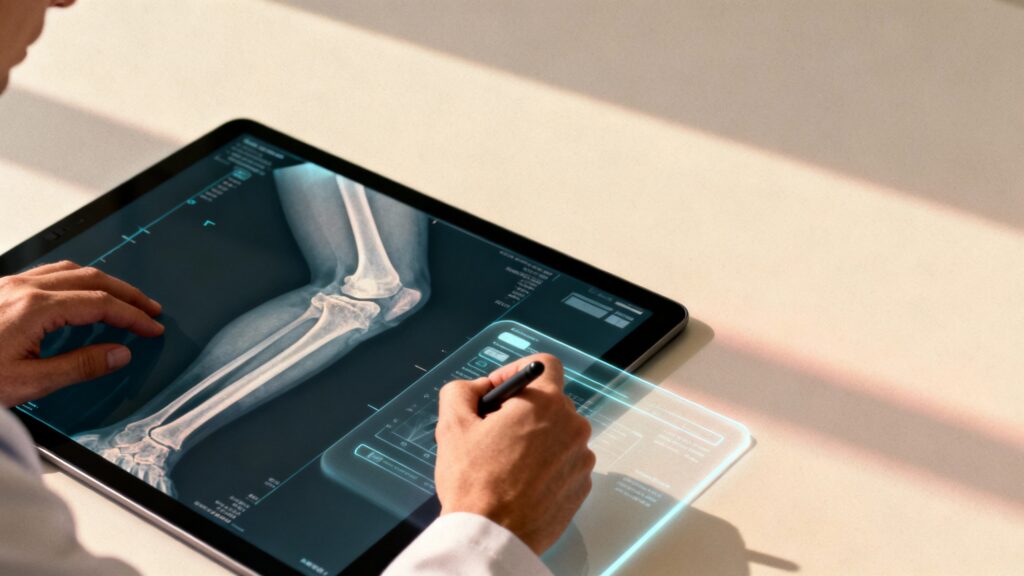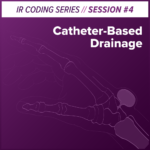OPPS rule could result in higher revenue.
Whenever a rule changes, expect Recovery Audit Contractor (RAC) and/or targeted probe-and-educate (TPE) audits to hone in on the topic associated with the altered rule – and expect auditors to forget when the rule actually changed.
Physician supervision has been a hot topic for years, especially in oncology, where it can often be challenging to ensure direct supervision of chemotherapy and radiation at all sites. At the beginning of November, the Centers for Medicare & Medicaid Services (CMS) released the 2020 Hospital Outpatient Prospective Payment System (OPPS) final rule (CMS-1717-FC). While many hospitals had hoped for relief from recent OPPS payment cuts, and for clarity on the scope of the price transparency mandate, CMS offered neither in this final rule.
The bright spot is the significant change to the physician supervision requirement for hospital outpatient therapeutic services – which, as of Jan. 1, 2020, will permit general supervision across the board. This change will permit hospitals to re-evaluate financial overhead, possibly resulting in higher revenue. Many hospitals complained when the direct supervision was implemented that they would be unable to meet the direct supervision standard due to recruiting and staffing challenges, but really, it came down to money. It wasn’t affordable. Well, they didn’t have a choice. CMS did, however, try to soften the blow by instructing the Medicare Administrative Contractors (MACs) to not enforce the rule immediately, back when it was implemented in 2010. But then it was enforced. This new rule removes the direct supervision standard and permits general supervision.
So, what is the change to physician supervision?
Starting in 2020, CMS will change the minimum required level of supervision from direct supervision to general supervision for all hospital outpatient therapeutic services. This change applies to all hospitals, including critical access hospitals (CAHs) and small rural hospitals, for which CMS reinstated the non-enforcement policy for direct supervision of outpatient therapeutic services for CY 2018 and 2019 in the 2018 Hospital OPPS final rule.
Granted, this was a rule that was never truly enforced. If you recall, CMS extended its notice of non-enforcement basically through today, at least for small rural hospitals with 100 or fewer beds. Because of its odd enforcement policy, CMS essentially created a two-tiered system of physician supervision requirements for hospital outpatient therapeutic services in the Medicare program.
- General supervision: The physician or advanced practitioner (AP) must be available by telephone to provide assistance and direction if needed.
- Direct supervision: The physician or AP providing supervision must be “immediately available” and “interruptible” to provide assistance and direction throughout the performance of the procedure; however, he or she does not need to be present in the room when the procedure is performed.
CMS believes that this change will reduce the burden that the direct supervision requirement places on providers by giving them more flexibility to provide medical care and get rid of “what is effectively a two-tiered system of supervision levels…between CAHs and small rural hospitals and all other hospitals.”
My caveat whenever a new rule that benefits healthcare providers is implemented is as follows: print the new rule and file it in your records. Inevitably, you will be audited, and some auditors will try to ding you for not having proper supervision post-Jan. 1, 2020, forgetting when this rule took effect.
You had until yesterday afternoon to comment. Therefore, there is no more comment period. But do not let the end of the comment period dissuade you from weighing in. The telephone lines do not disappear upon the end of a comment period.













